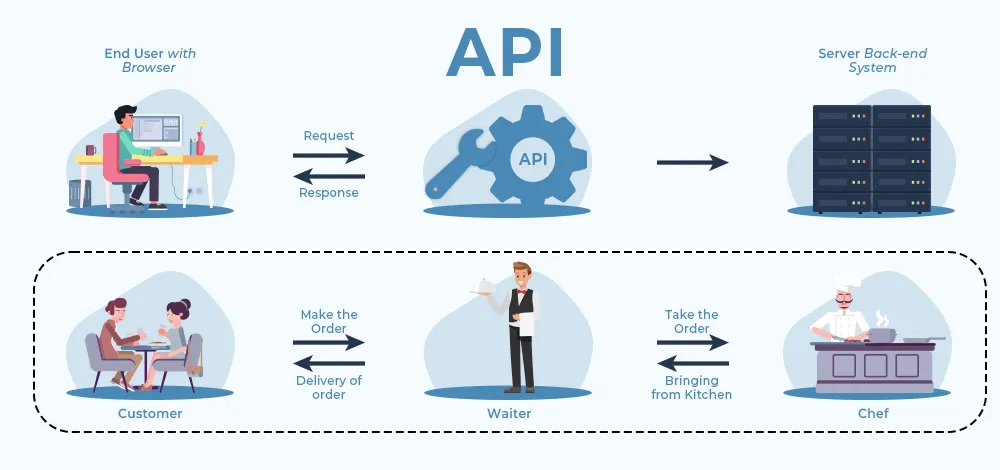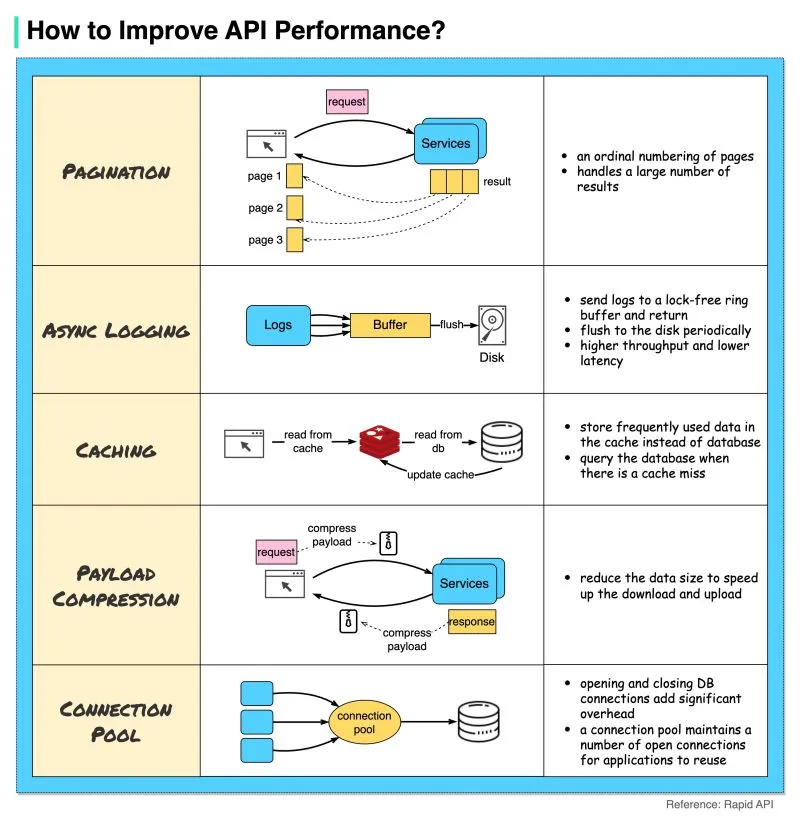As a product owner, you may know that your APIs are essential for your business. They allow you to connect to other systems, exchange data, and automate tasks. But what happens when your APIs are slow or unreliable?
Slow or unreliable APIs can have a negative impact on your business. They can:
- Reduce productivity. When APIs are slow, it takes longer to complete tasks. This can lead to lost productivity and missed deadlines.
- Increase costs. When APIs are unreliable, it can lead to downtime. This can result in lost revenue and increased costs for support and maintenance.
- Damage your reputation. When APIs are slow or unreliable, it can damage your reputation with your customers and partners. This can make it difficult to attract new business and retain existing customers.

There are a number of things you can do to improve the performance of your APIs. Here are a few tips:
- Use caching. Caching is a technique for storing frequently accessed data in memory. This can significantly reduce the time it takes to respond to requests.
- Optimize your database. Make sure that your database is properly configured and that you are using the right indexes.
- Use load balancing. Load balancing distributes requests across multiple servers. This can help to improve performance by preventing any one server from becoming overloaded.
- Use pagination. Pagination breaks down large datasets into smaller, more manageable chunks. This can help to improve performance by reducing the amount of data that needs to be transferred between the client and the server.
- Compress your payloads. Payload compression reduces the size of API requests and responses. This can help to improve performance by reducing the amount of data that needs to be transferred over the network.
- Use connection pooling. Connection pooling reuses database connections. This can help to improve performance by reducing the number of times that new database connections need to be opened.

By following these tips, you can improve the performance of your APIs and make them more reliable for your clients.
Here are some additional benefits of improving API performance:
- Increased customer satisfaction. When APIs are fast and reliable, clients are more satisfied with your products and services.
- Reduced costs. Improved API performance can lead to reduced costs for hosting, bandwidth, and other infrastructure costs.
- Increased scalability. As your business grows, your APIs will need to be able to handle more traffic. Improved performance can help to ensure that your APIs can scale to meet the demands of your growing business.

By improving the performance of your APIs, you can improve the
- Customer experience,
- Reduce costs, and
- Increase scalability.
If your products are struggling with slow or unreliable APIs, we are here to help you with a number of resources available. You can consult with our technical expert today. visit us for more details at www.orverolabs.com.
By taking steps to improve the performance of your APIs, you can ensure that your clients are always satisfied.
For any questions, suggestions, feedback, or comments, please E-mail us. [email protected]
Visit Us,
Thank You!
Follow and clap for more industry trends and news.



